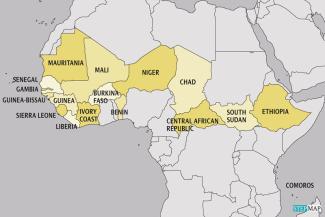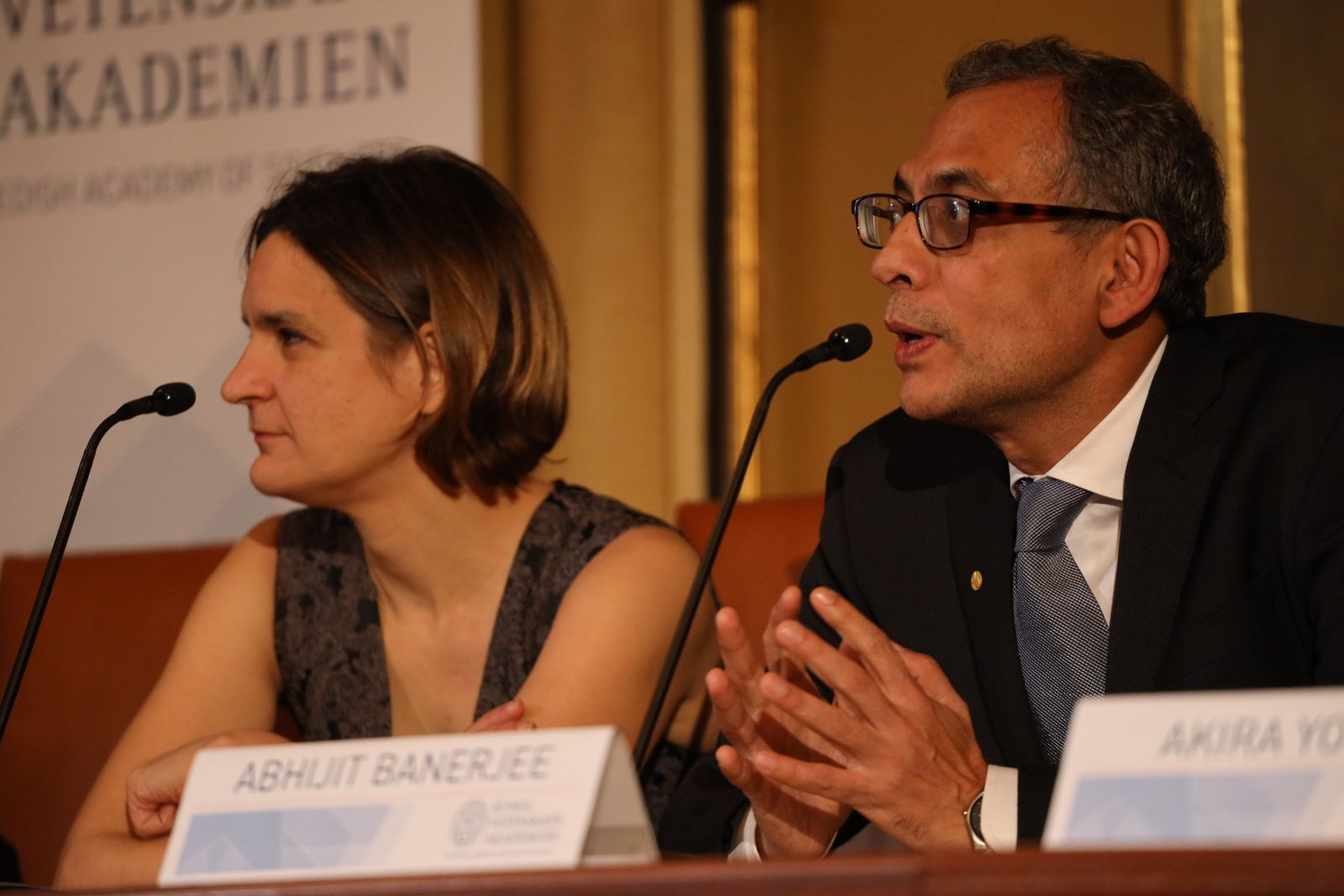Schools
More must happen

The UN Educational, Scientific and Cultural Organization (UNESCO) tracks literacy data with the help of national agencies. The statistics show that the literacy rate for sub-Saharan Africa was 65 % in 2017. In other words, one third of the people aged 15 and above were unable to read and write. The comparative figure for 1984, was an illiteracy rate of 49 %.
The UN agenda of the Millennium Development Goals led to improved funding for primary schools. Not least, donor support increased in many countries. This trend helped to boost literacy. Progress is too slow, however, and the actual reality may be worse than the official numbers suggest. UNESCO warns that some countries are using enrolment data as a proxy for literacy and advises against this practice.
The background is that African societies traditionally rely on oral learning, with listening and speaking as crucial skills. Schools, in contrast, are associated with reading and writing. This cultural orientation persists, and people have a tendency to equate going to school with literacy. To governments, this kind of conflation makes political and budgeting sense. Expanding formal education was the priority in recent years, and not much attention was paid to the quality.
For good reason, the UN Development Programme (UNDP), therefore cautioned in its Human Development Report 2016 that while “many countries have made gains in access to education, improvements in the quality of education have not kept pace”. The demands of the 21st century go beyond being able to read and write simple statements. The capacities of thinking critically, being creative, communicating effectively and cooperating with others are important. Moreover, people must be digitally savvy.
These facts have led to concepts such as “computer literacy”, “media literacy” and “information literacy”. In 2017, however, only about 22 % of Africans were internet users at all according to the International Telecommunication Union (ITU), a UN agency. Yes, it is true that this rate is rising fast. In 2005, the share of internet users was a mere 2.1 %. Nonetheless, the vast majority of Africans is still excluded from the web. This is mostly due to infrastructure hold-ups, but people who cannot read and write cannot properly use the web either.
It is worrisome, therefore, that 27 % of the world’s illiterate people live in sub-Saharan Africa (UNESCO factsheet No. 45, September 2017) and that 17 countries in Africa still have literacy rates of 50 % and below.
These countries are poor, and many of them have been – or are – badly hit by civil strife. Survival is the priority for destitute people, not education. The greatest challenge is to educate the children of communities living in poverty, and poverty tends to be worst in remote rural areas.
In Africa’s major agglomerations, most adult people can read and write today, and urban life increasingly relies on people being literate. This is an achievement. It is encouraging, moreover, that the ITU statistics show that the share of young people (15 to 24 years old) who use the internet is almost twice as high as the share of the total population. However, no one should be left behind, and things look much worse in many rural areas.
As countries pursue the Sustainable Development Goals – especially in sub-Saharan Africa – it would make sense to standardise their statistical systems. All governments should use the UNESCO manual “Principles and recommendations for population and housing census”. As more countries strengthen their data agencies, governments will hopefully find a meaningful way to measure literacy. Moreover, they must take into account the needs of the digital economy. In the long run, the most important criterion for development success is whether those needs are met.
Alphonce Shiundu is currently a Chevening scholar studying media and development at the University of Westminster in London.
https://twitter.com/Shiundu















